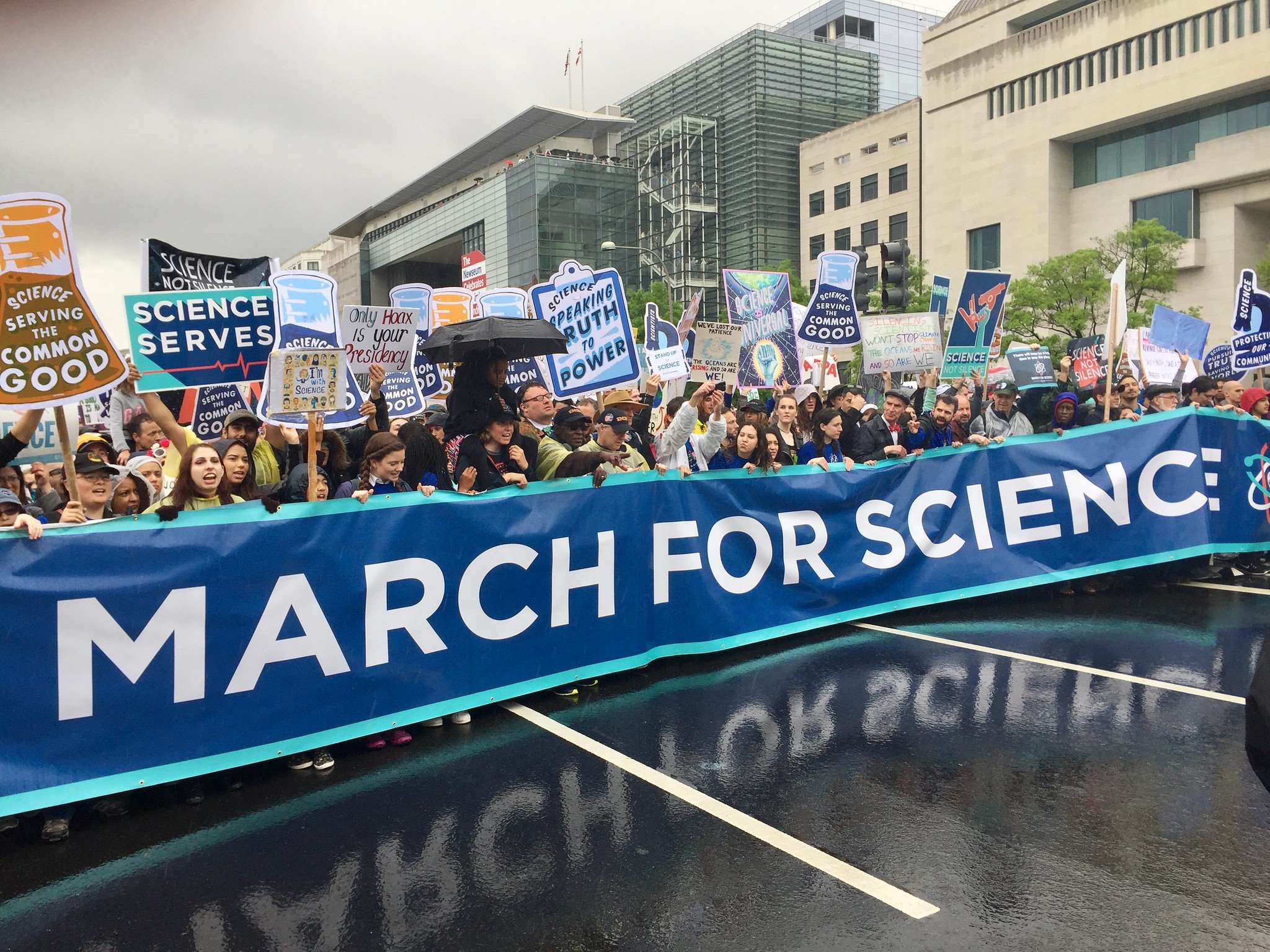Science
Trump’s Anti-Science Agenda Draws Parallels to Harper Era in Canada

When Donald Trump announced plans to terminate crucial climate research initiatives, it echoed a troubling chapter in Canadian history. The directive to end at least two satellite missions, including the Orbiting Carbon Observatory (OCO-2), has raised alarms among scientists and environmentalists. The OCO-2 satellite plays a vital role in tracking carbon dioxide emissions from sources like power plants and wildfires, making its potential shutdown particularly concerning.
This situation evokes memories of former Canadian Prime Minister Stephen Harper, whose government faced significant backlash for similar actions during his tenure from 2006 to 2015. Shortly after securing a majority government in 2011, Harper’s administration began a campaign that included “muzzling” federal scientists, restricting their ability to communicate openly with the public and media. This approach led to widespread facility closures, funding cuts, and the termination of critical research projects, ultimately giving rise to the term “War on Science.”
The Harper government’s policies became increasingly unpopular, igniting protests led by scientists and giving rise to advocacy groups focused on defending scientific integrity. Notably, Michael Rennie, an academic who initially remained anonymous, launched a blog to discuss the implications of government censorship. As Jeff Stuart pointed out in a 2015 op-ed for Canada’s National Observer, these issues even made their way into election discussions.
The parallels between the Harper and Trump administrations are striking. Both leaders have implemented substantial cuts to science funding, particularly affecting environmental and health sciences. Trump has dismissed key officials, including Susan Monarez, the director of the Centers for Disease Control, for not aligning with his agenda. Additionally, he has restricted access to certain reports and has suppressed or redacted key information, effectively “muzzling” scientists.
Some media outlets in the United States have begun referring to Trump’s actions as a “war” on science, mirroring the language used during the Harper era. This presents an opportunity for American scientists to draw lessons from Canada’s experience in combating similar threats to research and public communication.
In response to recent developments, U.S. climate scientists have taken initial steps to counteract the suppression of scientific findings. They publicly commented on a Department of Energy report that challenged the scientific consensus on climate change. Additionally, an international group of researchers has collaborated to rescue vital data through an archival platform known as SUSANHub. This initiative reflects lessons learned from the Harper administration’s data losses, such as the closure of fisheries libraries that compromised research continuity.
David Shiffman, a marine conservation scientist, has proposed further strategies for American researchers facing similar challenges. In an editorial for the Center for Biological Diversity’s publication, The Revelator, he emphasized the importance of creating archive copies of research data and utilizing whistleblowing avenues through traditional media and anonymous social media platforms. Rennie also advised leveraging collaborations with university partners, noting that while direct commentary may be restricted, collaborators can still share findings publicly.
The experience of researchers like Steven Campana, who faced obstacles when trying to publish significant findings on lobster age determination, underscores the broader implications of such political interference. Campana’s research, which promised to enhance stock assessments for marine species, was initially halted by the Harper government. Eventually, a university collaborator presented the findings at a U.S. conference, demonstrating how international engagement can help bypass governmental restrictions.
Raising public awareness through protests and advocacy is crucial in addressing the impacts of funding cuts and political interference in scientific research. In Canada, it was the collective action of scientists and their willingness to speak out that propelled science to the forefront of political discourse.
As Shiffman eloquently stated, perseverance is key. The effects of the Harper administration’s scientific censorship are still felt today, but history shows that such practices do not endure indefinitely. Similarly, the current challenges faced by American scientists will also be met with resistance and resilience. The lessons learned from Canada’s past may provide a roadmap for navigating the turbulent waters of political influence on science in the United States.
-

 Science3 months ago
Science3 months agoToyoake City Proposes Daily Two-Hour Smartphone Use Limit
-

 Top Stories3 months ago
Top Stories3 months agoPedestrian Fatally Injured in Esquimalt Collision on August 14
-

 Health3 months ago
Health3 months agoB.C. Review Reveals Urgent Need for Rare-Disease Drug Reforms
-

 Technology3 months ago
Technology3 months agoDark Adventure Game “Bye Sweet Carole” Set for October Release
-

 World3 months ago
World3 months agoJimmy Lai’s Defense Challenges Charges Under National Security Law
-

 Lifestyle3 months ago
Lifestyle3 months agoVictoria’s Pop-Up Shop Shines Light on B.C.’s Wolf Cull
-

 Technology3 months ago
Technology3 months agoKonami Revives Iconic Metal Gear Solid Delta Ahead of Release
-

 Technology3 months ago
Technology3 months agoApple Expands Self-Service Repair Program to Canada
-

 Technology3 months ago
Technology3 months agoSnapmaker U1 Color 3D Printer Redefines Speed and Sustainability
-

 Technology3 months ago
Technology3 months agoAION Folding Knife: Redefining EDC Design with Premium Materials
-

 Business3 months ago
Business3 months agoGordon Murray Automotive Unveils S1 LM and Le Mans GTR at Monterey
-

 Technology3 months ago
Technology3 months agoSolve Today’s Wordle Challenge: Hints and Answer for August 19









